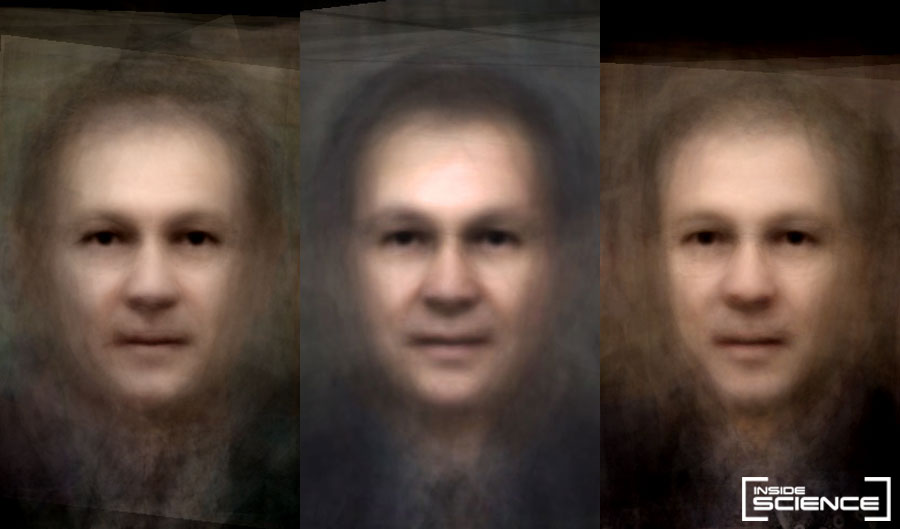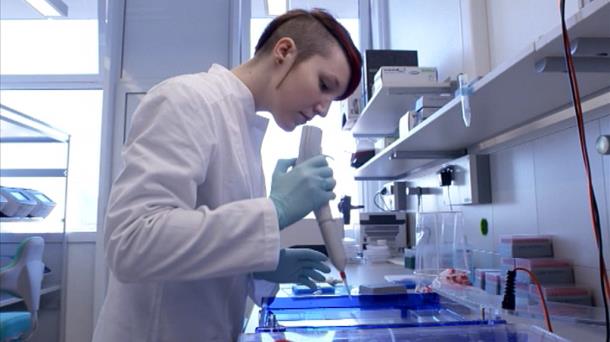Data, measures and conclusions
2019/10/10 Galarraga Aiestaran, Ana - Elhuyar Zientzia Iturria: Elhuyar aldizkaria

The data are evident. Since 1901, 219 people have been awarded the Nobel Prize in Physiology or Medicine, 213 in Physics and 184 in Chemistry. Of these, in each category the women have been 11, 3 and 5. But in total, in the science categories only 18 women have been awarded, since Marie Curie Sklodowaska won two Nobel Prizes: Physics in 1903 and Chemistry in 1911.
According to the origin of the winners, six countries stand out, with more than 80% of the winners: USA, Great Britain, Germany, France, Russia (or the Soviet Union of the past) and Sweden (Alfred Nobel's birthplace). They have never awarded the Nobel Prize to anyone of African origin.
Faced with this situation, the Royal Swedish Academy of Sciences has declared that it has taken measures to increase the diversity of winners. Since 2015, the secretary of the Academy, Göran Hansson, conducted an interview with the journal Nature, a week before announcing who received the Nobel Prize.
In the interview he explains that among these measures are to request more women to propose nominations and adapt the application letter. Thus, now in the letter they are expressly asked, when proposing the candidates, to take into account the gender, the origin and the subject, as well as to propose more than one discovery.
According to Hansson, these measures have had a certain incidence, since there are more women designated than before. It recognizes that there has been a slight increase, but it values the trend as “positive”. He points out that the increase in the percentage of women among award-winning scientists has contributed to this. However, it is not a matter of asking proposals for more women, who seem to have no greater propensity to name them than men.
In addition, he stressed that there are more and more women at the Academy. They are in charge of analyzing the candidatures and choosing the winners, and last year, for the first time, they appointed more women than men to the Academy. Hansson hopes that over time the consequences of these changes will be noticed.
As for the ethnic group of candidates, the secretary has indicated that it is still early to measure the effectiveness of the measures. On the other hand, he stressed that before doing nothing the percentage of Asians was growing, especially Japanese. This shows that the Academy has no tendency to the Caucasians. And taking into account what is invested in research in East Asia, it has announced that in the future Asians will be rewarded even more.
In this regard, he recalled that Alfred Nobel expressly indicated the need to reward scientists of any nationality. Even more:, It expresses its opposition to academic quotas by gender, ethnicity and nationality. They say they seek to reward those who have done the best research and that if quotas are applied, prizes would lose value.

Gai honi buruzko eduki gehiago
Elhuyarrek garatutako teknologia




